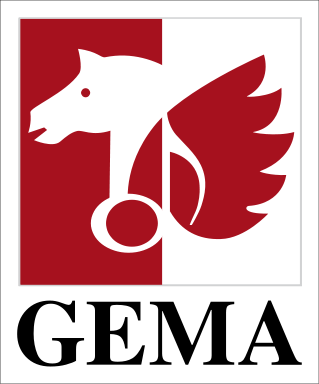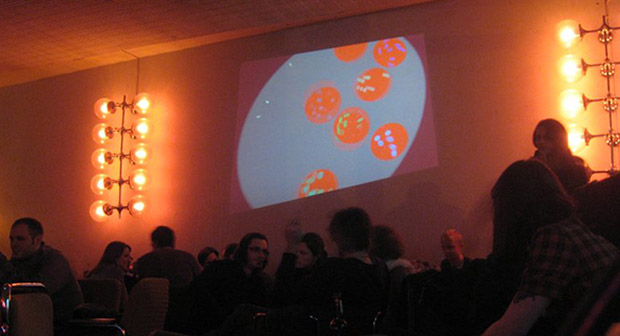by Brian Parker
Berlin’s nightlife scene is notoriously one of the best, grittiest, and most highly regarded in the world. Clubs like Watergate, KaterHolzig, and the “techno mecca” Berghain are only a few of the venues that house the German capital’s legendary, day long, free-for-all parties. With a sharp rise in the popularity of electronic music (and rent prices in major global cities) in the last few years, Berlin is now a major tourist attraction and migrant artist destination, contributing to increased gentrification, development, and cost of living. Though the social issues are to be dealt with by Germany’s stricter immigration and renting laws, music royalty collection agency GEMA seems to be focused on turning Berlin’s international appeal into euros generated for the artists they represent. However, GEMA holds a monopoly on the music licensing market in Germany, and the government passed legislation that allows GEMA to collection royalties on any artist’s music unless they are specifically registered at “GEMA-free” works.
GEMA has had a relatively unpopular reputation over the last two years, beginning with 2012′s threat to increase performance royalty fees to up to ten percent of ticket revenues, with some major clubs paying up to €140,000 a year. The prospect outraged club owners, promoters, and music-loving Berliners alike, as the expenses are too steep maintain the underground’s integrity and commitment to quality and aesthetic. The fee structure sparked protests in Berlin, especially by those who frequented clubs that would be potentially closing. Furthermore, many of the clubs in danger of closure could be quickly replaced by new residential developments, which was the case for Klub der Republik in Prenzlauer Berg.
GEMA reached a deal last week that would increase fees slowly over the coming years, capping out at a 64% increase for larger clubs and posing no threat of closure. However, GEMA’s strict laws on YouTube streams, which keeps many popular songs from playing the Google-owned service, is another side of the organization’s poor reputation. Contested by the new Cultural Commons Collection Society (C3S), many artists plan to sign up for the service which gives options for multiple licensing structures, depending on where and how their music is being played. Registered with GEMA, artists aren’t always able to give music away for free, much less have it played promotionally without a venue being charged fees by the collection agency. C3S is still looking for funding and may not be functional until as far as 2015, but the society may bring new hope to German artists struggling to promote themselves on various media channels.
However, the current fee moderation by GEMA will likely help quell internal concerns about Berlin’s nightlife becoming too mainstream. Recently, Lady Gaga performed at Berghain, which was an antithetical booking to the club known for eight-hour long DJ sets and a notoriously selective door policy. Some cynics are losing faith in the structures that support the fringes of the music industry, but opening additional revenue streams could also be seen as beneficial to keeping the scene alive. Most Berlin nightclubs worth their salt aren’t particularly worried about attracting traveling fraternity bros on spring break and tactless partiers out for early nights–Berlin’s clubbing diehards maintain the community so long as the quality of the music doesn’t wane.



















Comments are closed.